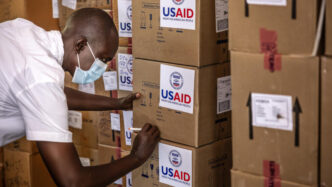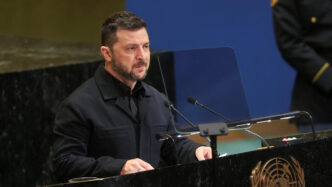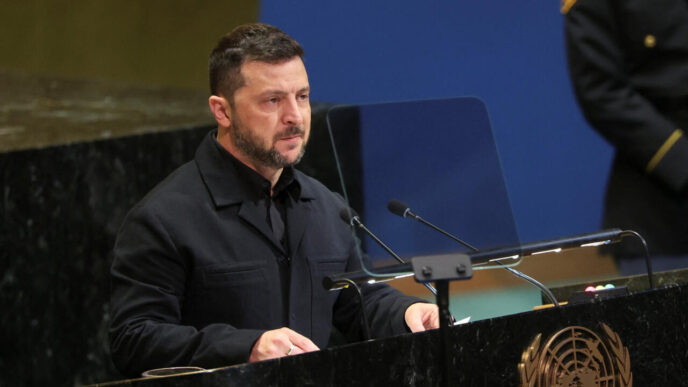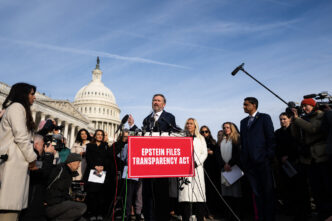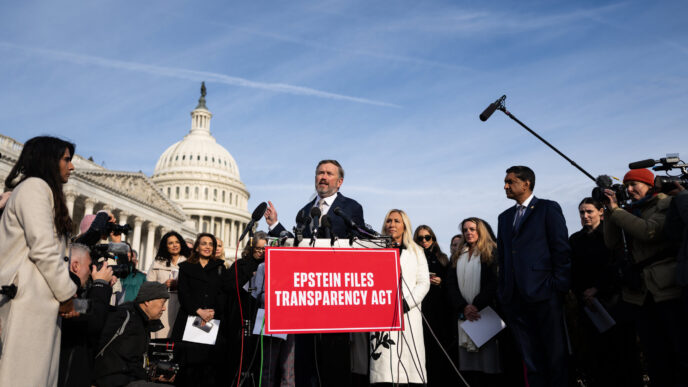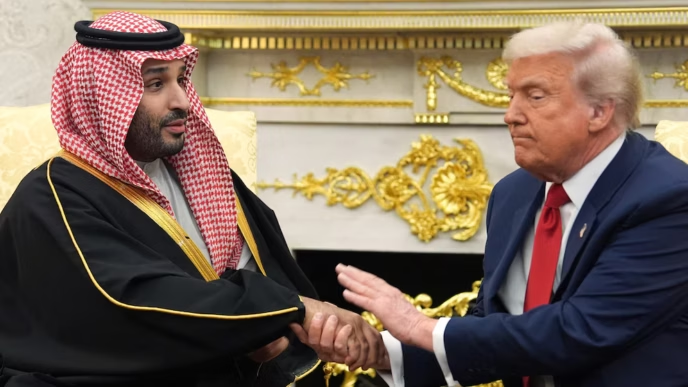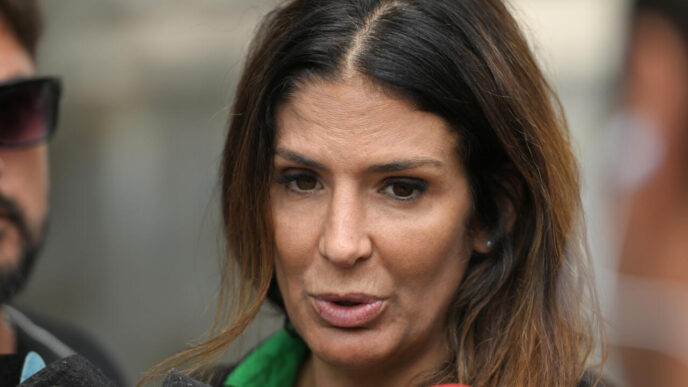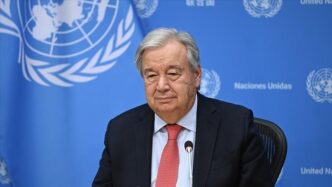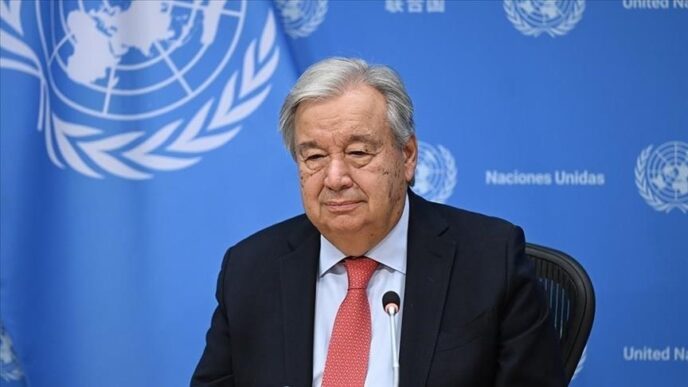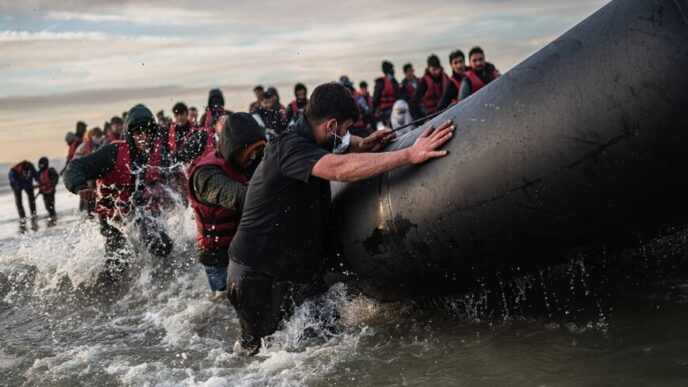Cuts to Western aid could result in more than 22 million preventable deaths by 2030, researchers warned Monday, with a significant number of victims expected to be children.
The updated study builds on earlier findings that suggested US President Donald Trump’s sweeping reductions to foreign aid, including the dismantling of the US Agency for International Development (USAID), could lead to 14 million additional deaths.
The new analysis factors in similar cuts from major European donors, including the United Kingdom, France, and Germany.
“This is the first time in three decades that the US, UK, France, and Germany are all reducing aid simultaneously,” said Gonzalo Fanjul, policy and development director at the Barcelona Institute for Global Health (ISGlobal).
“Individually, the European cuts are smaller than the US, but collectively the impact on the global aid system is extraordinary and unprecedented.”
The research, conducted by teams from Spain, Brazil, and Mozambique, was submitted to The Lancet Global Health and is awaiting peer review.
It uses historical data to measure how aid has reduced deaths from preventable causes such as HIV/AIDS, malaria, and tuberculosis.
In the worst-case scenario, the study predicts 22.6 million excess deaths by 2030, including 5.4 million children under five.
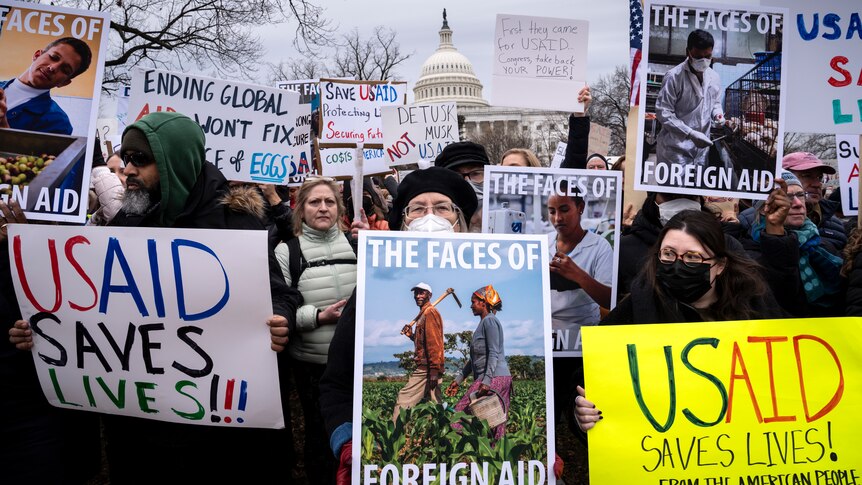
Researchers provided a range of 16.3–29.3 million deaths to account for uncertainties, including which programmes will be cut and potential external shocks such as conflicts, economic crises, or climate disasters. A milder defunding scenario would still result in 9.4 million additional deaths.
Trump’s administration, under the advisement of tech entrepreneur Elon Musk, slashed foreign aid by more than 80 per cent and closed USAID shortly after taking office.
Secretary of State Marco Rubio defended the cuts, arguing that aid was not aligned with core US interests, particularly in cases where recipient countries voted against the US at the United Nations.
He dismissed concerns about preventable deaths, claiming critics were beneficiaries of the “NGO industrial complex.”
Meanwhile, budgetary pressures and a focus on defence spending in response to Russia’s invasion of Ukraine have prompted similar reductions in aid from the UK, France, and Germany.
Among major donors, only Japan has maintained relatively stable assistance levels over the past two years.
The research highlights that these cuts could undermine decades of international cooperation and institutional capacity-building, particularly in the fight against HIV/AIDS.
Fanjul stressed that while a transition is necessary, the rapid pace and scale of cuts are alarming.
Davide Rasella, lead investigator on the study, noted that the US had pledged $20 billion to support Argentina, which he said pales in comparison to the human cost of slashing global aid budgets.
The study was funded by the Rockefeller Foundation and Spain’s science ministry.
A spokesperson for the Rockefeller Foundation described the findings as “an urgent alarm for the world,” emphasising the opportunity to save millions of lives if decisive action is taken.


 Trending
Trending 
